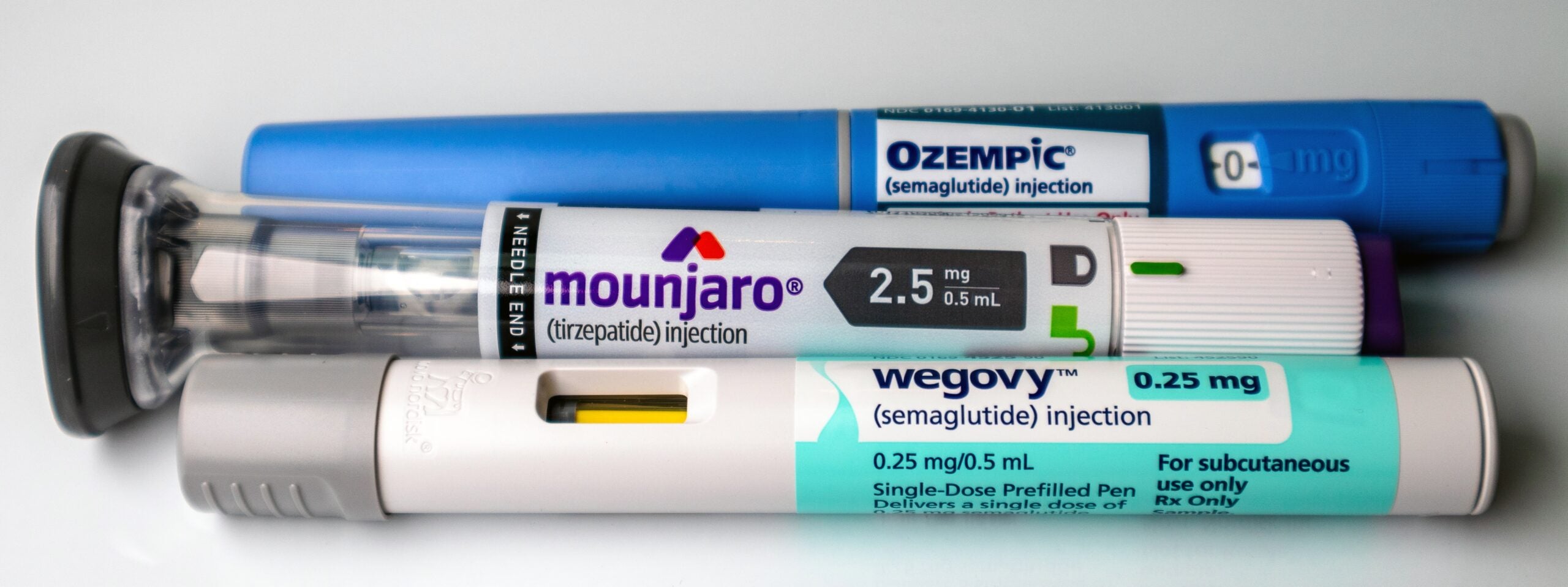
Editor's Note NorthStar Anesthesia is expanding its reach across Georgia’s ambulatory surgery centers (ASCs), reinforcing its strategy of pairing local clinical autonomy with scalable anesthesia services, an October 1 PR Newswire press release reports. NorthStar reportedly supports more than 60 ASCs statewide through a model focused on transparency, long-term relationships,…

Editor's Note Hospitals can reduce anesthesia costs by up to 30% and significantly curb provider burnout by embracing technology-enabled collaboration with anesthesiology practices, Surgical Directions August 27 reports. The report outlines how rising demand, workforce shortages, and variable pay structures have pushed anesthesia expenditures up sharply in recent years. Traditional…

Editor's Note UnitedHealthcare’s 15% cut to certified registered nurse anesthetist (CRNA) reimbursements has ignited strong opposition from anesthesia leaders who warn the policy could endanger patient access to safe, affordable care in rural and underserved areas, Nurse.org October 14 reports. On October 1, UnitedHealthcare implemented the new policy, reducing payments…

Editor's Note Lock in system-level wins fast. The 2025 OR Manager Conference is right around the corner (October 28–30 in Anaheim, California), and it is loaded with how-to sessions that turn ideas into throughput, revenue, and workforce results you can bring home in Q4. This year’s agenda centers on pragmatic,…

Editor's Note The Food and Drug Administration (FDA) has announced three new recalls between October 14 and 16 that may affect OR inventory and perioperative workflows across multiple service lines. Each recall targets a commonly used product in surgical or imaging settings, prompting leaders to review supplies and coordinate with…

Editor's Note A new study shows hospitals can meaningfully reduce unnecessary preoperative testing for healthy patients undergoing low-risk surgeries without compromising safety or workflow, JAMA Network October 6 reports. The “Right-Sizing Testing Before Elective Surgery” (RITE-Size) strategy successfully lowered testing rates from 68.0% to 40.3% across three Michigan hospitals, while…

Editor's Note Artificial intelligence (AI) and evidence-based fasting practices could significantly enhance safety and comfort for children undergoing surgery, according to research presented at the ANESTHESIOLOGY® 2025 annual meeting that took place on October 10–14. One study found AI systems outperform standard methods in key pediatric anesthesia tasks, including selecting…

With the explosion of GLP-1–based therapies for type 2 diabetes and weight loss, perioperative nursing teams, especially in the preoperative and postanesthesia care areas, need to be fluent in recognizing these medications. Some patients may arrive on these agents—or even novel oral GLP-1s—and the physiologic effects, especially delayed gastric emptying,…

Editor's Note Many widely used supplements and herbal remedies can increase bleeding risk during surgery and should be stopped in advance, according to researchers at Wrocław Medical University. The findings highlight a gap in perioperative safety practices, The Am-Pol Eagle September 18 reports. The study, led by the university’s Department…

Editor's Note Allowing older surgical patients to keep dentures, glasses, and hearing aids until anesthesia and restoring them immediately afterward significantly lowered postoperative delirium (POD) rates, according to a study published in BMC Geriatrics on August 30. The prospective before-and-after trial followed patients aged 70 and older undergoing hip fracture…